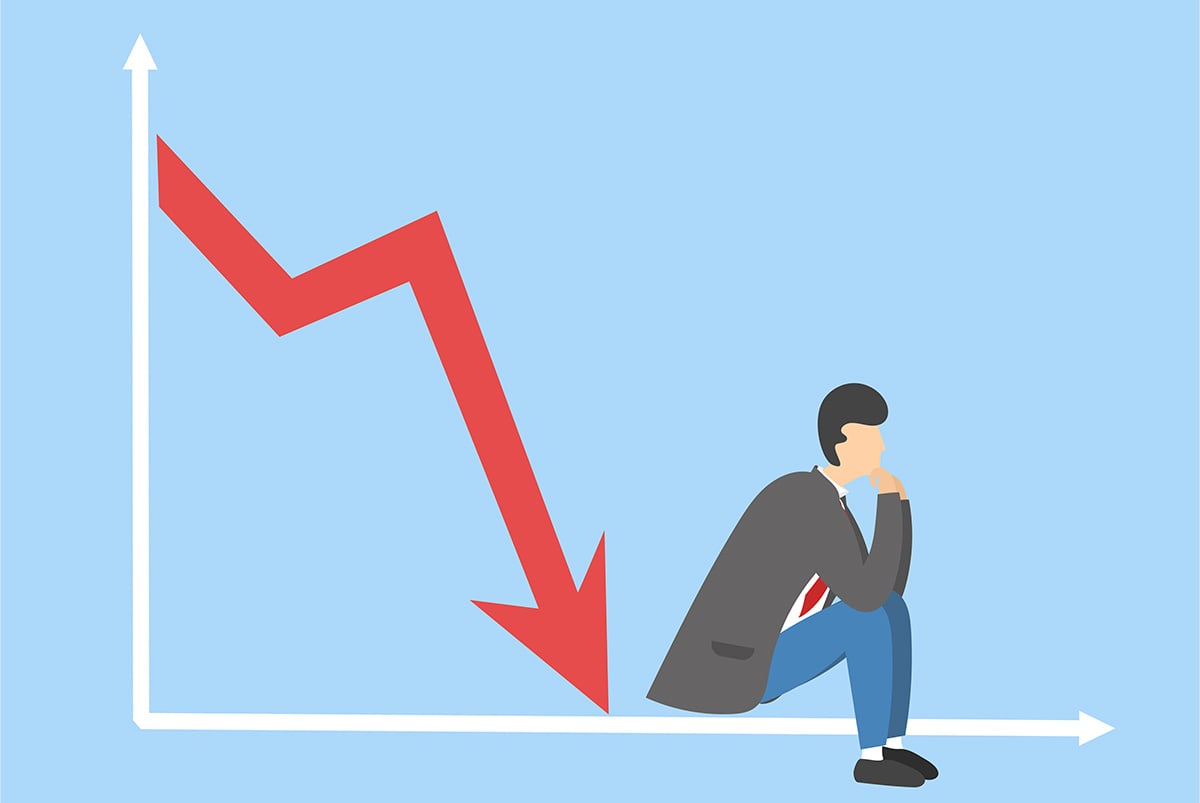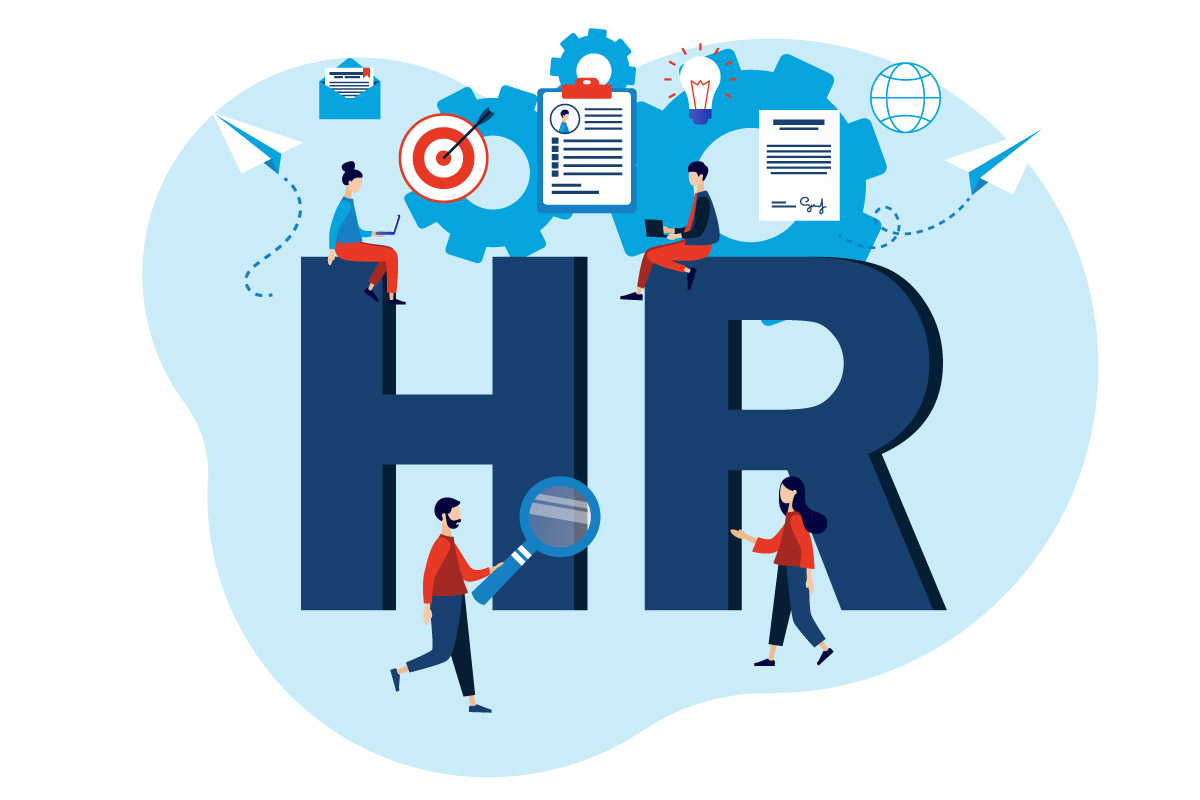Scaling Smarter: How to Future-Proof Your business for growth
In businesses, stagnation is the silent killer. These days, you can't afford to move slowly. A recent survey revealed that nearly 60% of businesses...
3 min read
 Justin Mincks
Aug 9, 2024 8:51:15 AM
Justin Mincks
Aug 9, 2024 8:51:15 AM

I recall a time early in my career, sitting in busy boardroom of a fast-growing tech startup, the atmosphere was tense.
In the midst of discussions from operational procedures to addressing business decisions, all attention was directed at the founder. Meanwhile, his phone kept going off with calls and messages. It became clear that this wasn’t just another busy day—it was the norm. The founder was the linchpin of the company's success, but the weight of this reliance can take its toll.
This scenario, familiar to many business owners, is a common example of a critical growth challenge: founder dependence. When a business relies heavily on its founder for development, decision-making, and daily operations, it risks stunting its potential for sustainable growth.
While a founder's vision and drive are invaluable, this dependence can create a bottleneck that hinders the emergence of future leaders and stifles growth of the company as an organization.
Founder dependence is a double-edged sword.
On one side, the founder’s passion, experience, and connections fuel the company's initial success.
On the other side, this reliance can trap the organization in a cycle where the founder's involvement is a prerequisite for progress.
This dynamic is not just a theoretical concern—research shows that 60% of founders remain heavily involved in their business’s daily operations even years after it's fully established.
This over-reliance can lead to several issues:
The key to overcoming founder dependence lies in strategic delegation and leadership development.
Here’s how business leaders can initiate this transition...
Creating a culture that values and develops leadership at all levels is crucial.
Encourage team members to take ownership of projects and make decisions within their areas of expertise. This not only alleviates the burden on the founder but also empowers employees and fosters a sense of responsibility.
Promoting cross-functional collaboration helps to break down silos and distributes knowledge and skills across the organization. This not only diversifies the skill set of employees but also reduces the risk associated with the loss of a single key player, including the founder.
Professional Employer Organizations (PEOs) can play a pivotal role in mitigating founder dependence by providing comprehensive HR support. By outsourcing HR functions such as recruitment, payroll, and benefits administration, founders can focus on strategic initiatives rather than day-to-day HR tasks.
PEOs can also assist in developing leadership programs tailored to the company’s needs, ensuring a pipeline of skilled leaders.
A well-structured succession plan helps ensure a company's smooth operation when key employees leave, and ensures that future leaders are ready to step up when needed.
This involves identifying potential leaders within the organization, documenting and sharing important knowledge with them, and providing them with the necessary training and development opportunities to prepare them for higher responsibilities.
Consider the case of a mid-sized manufacturing company where the founder was integral to every facet of the business. Recognizing the risks, the founder partnered with a PEO to streamline and expand HR functions, then launched an internal leadership program.
Within two years, the company had a cadre of capable leaders who could independently drive business initiatives. As a result, the company saw a 20% increase in productivity and a significant reduction in the founder’s direct involvement in daily operations. This brought more collaboration, innovation, and engagement within the organization, positively impacting growth and profitability.
Founder-led, while beneficial from the early stages through growth, can skew toward founder-dependent becoming a significant obstacle to long-term growth.
By fostering a leadership culture, leveraging PEOs for HR support, implementing succession planning, and encouraging cross-functional collaboration, businesses can transition from founder-centric to leadership-driven growth.
This strategic shift ensures sustainable development and positions the company for continued success in an ever-evolving market.
Empower your future leaders today, and transform founder dependence into a legacy of innovation and growth.
TAKE IT TO YOUR INBOX.
Join our community. Fill out the form below to get on the email list...

In businesses, stagnation is the silent killer. These days, you can't afford to move slowly. A recent survey revealed that nearly 60% of businesses...

As company leaders prepare to close the book on 2025, here’s an important question to ask: Are you sure you’re tracking the right business metrics? ...

Twenty years ago, the typical company human resources department was almost exclusively an internally focused operation. They were the folks who...